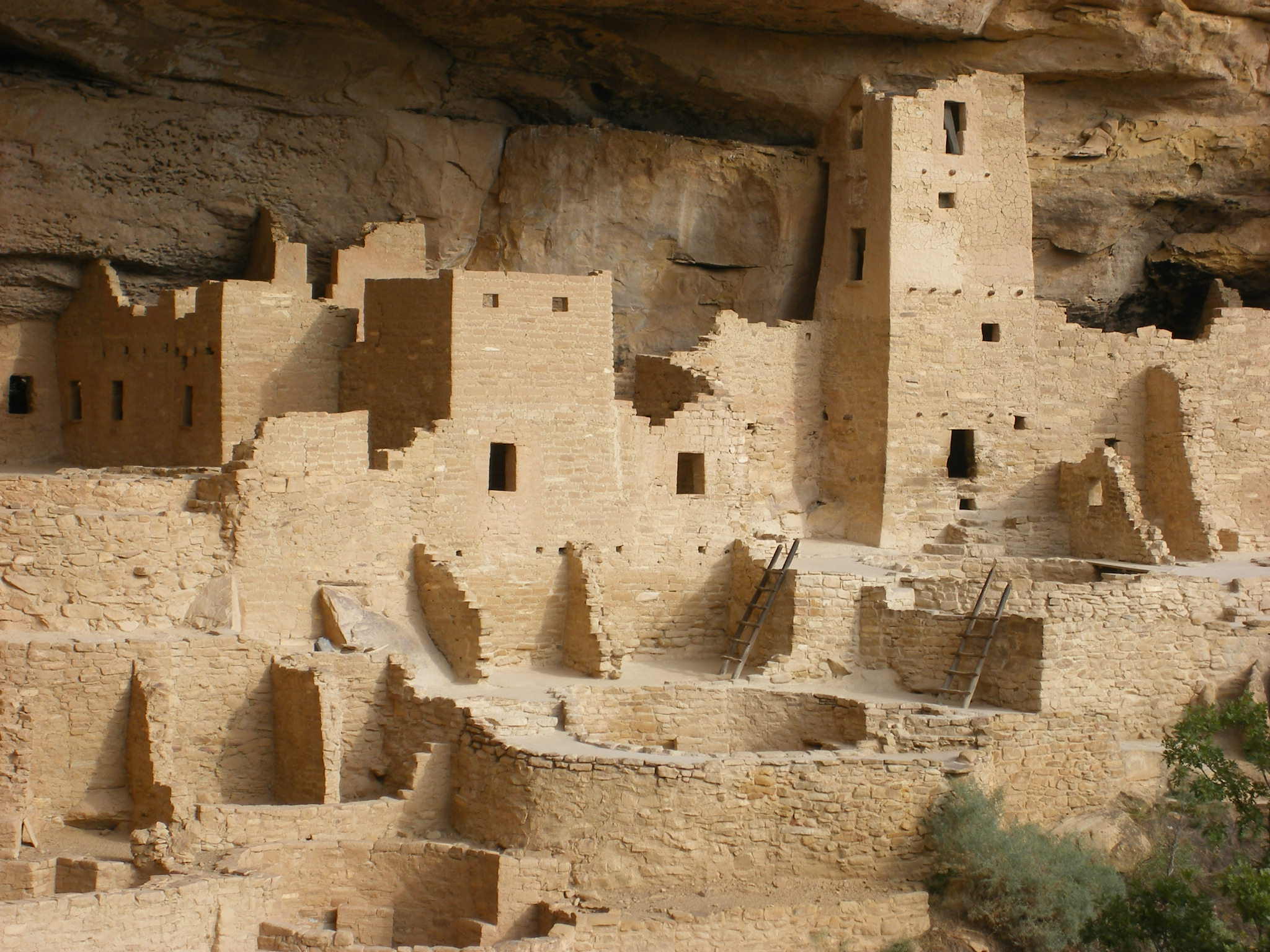In our previous post we discussed the importance of “location” and what things should be considered when deciding where your next home should be. We discussed how each person is unique with their own set of circumstances. In this post we will compare the differences between custom homes, spec homes, and tract homes. These are common terms, but it doesn’t hurt to take the time to consider exactly what is meant by each term because there is a big difference between the three.
Let’s look at the various definitions and discuss the pros and cons related to each type.
Custom Homes – The term “custom” generally refers to a home that was built specifically for an individual customer. In other words, the construction of the house targets a particular customer’s specifications. That usually includes the floor plan, lot choice, selection of colors and materials, and all the fixtures that are included as part of the final product. While it’s true some custom homes are more custom than others, these homes commonly meet a consumer’s specific needs better than the other alternatives.
Custom home buyers often participate in the actual construction process. No, they don’t get to drive the nails or finish the concrete, but they see the daily progress. It can be a lot of fun, though some find it a little scary too. Done properly, custom buyers are active participants who achieve a level of satisfaction when building their homes that no other process could possibly accomplish. They make many choices such as colors and styles of brick, tile, carpet, wall-finishes, cabinets, light fixtures, counter tops, and hardware. And that’s not necessarily all. Many of these items are purchased within an allowance budget, meaning the contract sets out a specific amount of money set aside for each category. It’s up to the buyer to choose what is purchased within that budget.
Some view the custom home building process as a partnership between the home buyer and their builder. They work together to design and build exactly what the customer wants. It is imperative the custom home buyer has confidence in their builder. The partnership between the buyer and builder will only be as good as the individuals involved. That means both sides must be fair, honest and worthy of the trust necessary to accomplish the mutual goals. There is an axiom in the business: “Know your builder”. That is actually pretty good advice.
pros – The buyer controls the lot purchase, so location is never outside their control. They also have input into the design, so the number and size of the rooms should meet exactly the needs of the customer. The final price of the home is made up of the costs of its various components, resulting in better control of the bottom-line. Amenities important to the buyer can be included in the home while those not important or not wanted do not add to the cost of the home.
cons – Probably the greatest deterrent to building a custom home is the uncertainty; a multifaceted matter. Customers question finding an honest builder, their ability to find the “right” floor plan, how long it might take to build a home, whether they will be satisfied with the finished product, whether (as some jokingly suggest) their marriage will survive, and more. Simply put, the purchase of an existing home may not be exactly what they want, but they can see what they are getting the day they sign the contract. Building a custom home comes with a certain perceived risk that some people have more concern about than others.
Fortunately, we in West Texas have one of the best business environments in the nation. West Texans still have a hometown approach to doing business that makes it easy to “know your builder”. With just a little effort, one can know a lot about any builder they are considering. The West Texas Home Builders Association (WTHBA) has an active membership of all the movers and shakers in the industry. That includes not just builders, but bankers, realtors, title companies, suppliers and sub-contractors. It’s not hard to find out who is who. All it takes is a few telephone calls or emails.
Good reputations don’t come easy; bad ones do. Probably the best referral one can have for their builder is a past customer. Ask your builder who his last several homes were built for, and if you can call them for a reference. If their building experience was not one of the highlights of their life, keep looking. There is really no reason building your custom home shouldn’t be one of the most treasured memories you create.
Spec Homes – The term “spec” is short for speculative home for sale. Builders, even custom builders sometimes build homes for sale with no particular buyer in mind. These homes are often completed fully, but it’s possible to find a spec home still under construction.
Depending on how far along the building process is, it’s possible to still make some of the selections such as paint colors, tile, counter-tops, and more. A spec home will have much of the design efforts already complete. The builder has already made a lot of decisions regarding what will go into constructing the home.
It’s likely the builder’s decisions will be fairly conservative hoping to create a home that will appeal to the broadest market possible. There will usually be a few areas where the builder goes the extra mile, but generally speaking, the overall price of the home will be a major consideration. Depending on the price range of the home, builders will usually make their best effort to build what they think will sell easily. An experienced builder will know what people like and are willing to buy.
Some builders specialize in spec homes. They prefer building homes without the complication of working with a customer’s involvement. Other builders enjoy the process of working with their customers and would prefer building a custom home rather than a spec home. Still others make little or no distinction between the two.
pros – Depending on the builder, of course, spec homes are usually a fairly safe investment. They will usually be well done, balanced in terms of amenities, built in promising neighborhoods, and marketable. Many beautiful spec homes are built every year. Experienced builders who specialize in the spec home market stake their reputations on their decisions. These homes are often completed and ready for immediate occupancy. Probably the most appealing characteristic of a spec home is that the consumer can see exactly what their money is buying.
cons – The greatest deterrent to buying in the spec market is the fact that the homes are very much someone else’s idea of what your home should be. Most decisions have already been made, depending on the phase of construction the home is in at the time of purchase. All the special features that might be nice to consider putting in the home are either there, or not. Finally, there may be features in the spec home that might not have been on your list of needs & wants, and those costs will have already been included in the sales price. Consequently, you will be paying for something you didn’t really want.
Tract Homes – Probably a little disclaimer is in order. McGuire Builders, Inc. is not a tract home builder. We believe tract housing has a very appropriate role in the real estate market. Tract homes, as with custom or spec homes, may or may not be a great investment for a given consumer. Understanding the differences between the 3 types of homes is critical to making a good assessment.
“The Real Estate Dictionary” defines tract housing as:
“A dwelling that has a similar style and Floor Plan to those of all other houses in a development. Contrast with Custom Builder.
Example: Pleasant Acres is a Subdivision of tract houses. Each home is a 3-bedroom ranch-style house with the same basic floor plan.”
Tract housing can usually be delivered to the market at a much lower cost per square foot. Volume building makes it possible for the builder to purchase materials and contract for labor at a much lower rate than conventional home building methods. The reason is simple; the floor plans are one of a few popular plans the builder offers for sale. They might be reversed or include different option packages, but they are essentially the same houses built over and over, sometimes hundreds of times.
The price is often the best selling point. Just how much savings might be at stake depends on which builder the tract builder is being compared to. There may be a significant difference when compared to a higher-quality custom home builder. The products are not intended to be the same. One is built to be very inexpensive, while the other is intended to appeal to an entirely different market.
pros – The lower price is the obvious leader in this category. The floor plan is likely to be appealing to a mass market. There is usually little doubt about what type of house will be built next door, and the sub-division will probably build out quickly.
cons – These homes are built with price-point as a major consideration, so the quality v. investment is almost always given a high priority. Elements like cabinets, hardware and appliances are the more obvious areas where money may have been saved, often at the expense of quality. Other areas might include framing components, paint grades, shingle weight, and carpet grade to mention a few. These components are not obvious to the typical buyer, especially someone not familiar with construction methods and materials. Lastly, resale value is the greatest disadvantage to a tract home. There is enormous competition when selling a tract home. Price is usually about the only thing that makes one more appealing than another identical house down the street.
Tract homes meet the needs a lot of buyers, especially first time homebuyers. They may be comparitively inexpensive and, while not always well suited for a short-term investment, the longer the buyer plans on living in the home the better this choice might be.
Resale value is a complex issue and warrants a post of its own. We will discuss just how important an issue resale value is for differing consumers and how it should be viewed depending on your circumstances in our next post.

